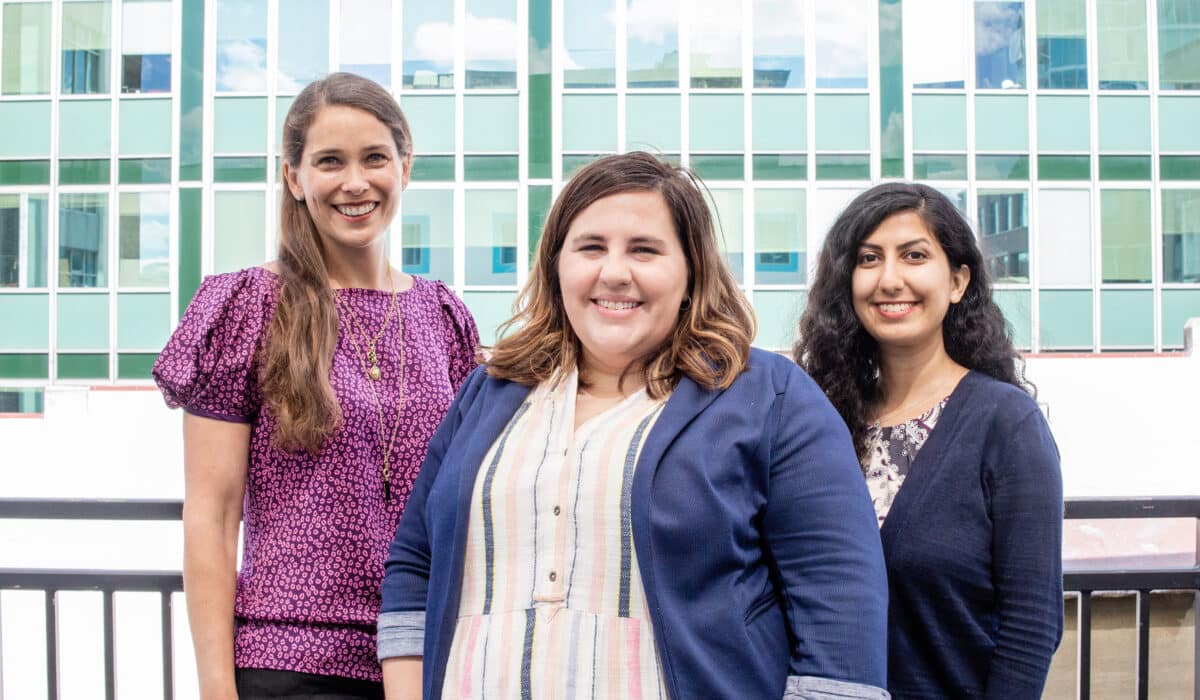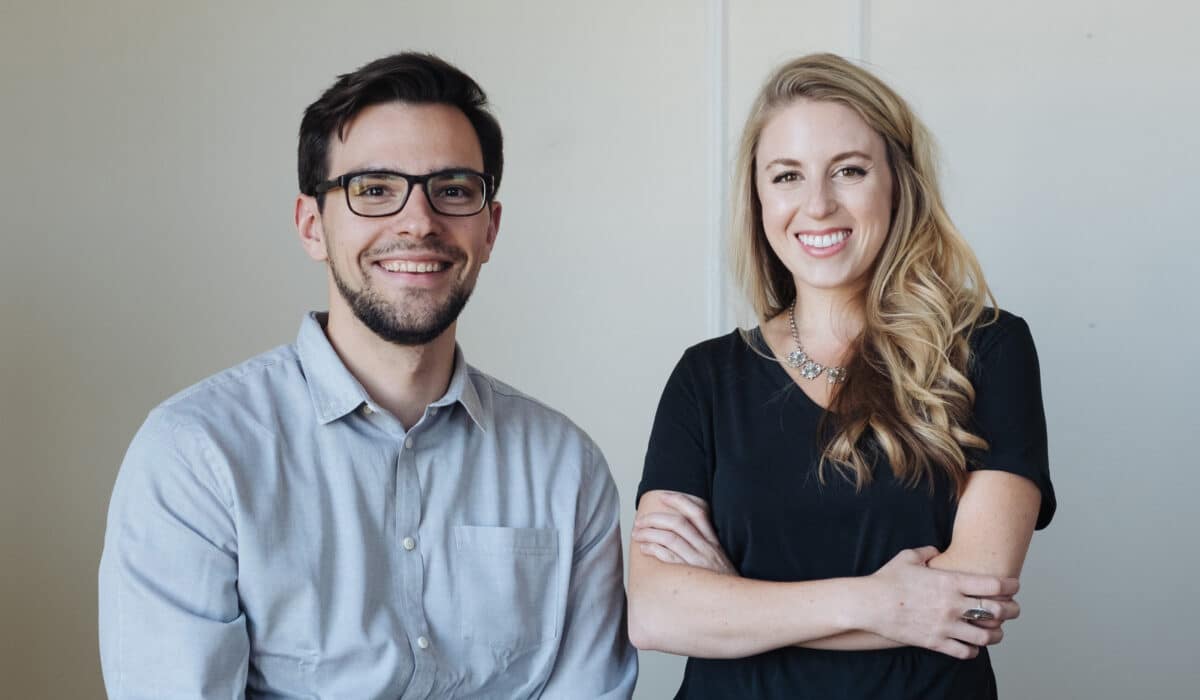Brooke Markevicius fell in love with the startup world as an early employee at Postmates. But when she had her daughter, she quickly discovered the startup culture no longer worked for her.
“It was not a flexible work environment,” she said. “I was having to pump in the car and be away from my daughter all day.”
Markevicius left her job and started freelancing, despite her misgivings that it might stall her career. She did web development and product management consulting for startups. She also joined a coworking space focused on parents. “We had lots of conversations about the need for flexible work,” she said.
Markevicius said she saw many small startups and solopreneurs who needed freelancers but felt overwhelmed by larger platforms like Upwork and Fiverr. Entrepreneurs wanted vetted talent they could trust to get the job done; freelancers wanted an easier way to find good clients and quickly add more hours.
“A lot of times women, especially mothers, we found, had a hard time setting their prices,” Markevicius said. “They were coming with amazing skill sets, but they didn’t know where to start and they didn’t have much time.”
Enter Allobee. She started building the platform in 2018 and bootstrapped for the first year. The platform launched out of beta in May 2020. By that point, Allobee had hired a couple of contractors, plus a chief operating officer and a chief strategy officer who worked part time in exchange for equity.
The platform got some initial traction quickly, and Allobee raised $500,000 from a couple of angel investors and a micro-VC based in Portland, Markevicius said. With this funding, they could hire a full-time engineer, a full-time head of client success and community, and a couple more contractors. They also grew to 300 freelancers and 200 clients as they built out the product and began to look for funding again. Annual revenue passed $500,000.
She also worked on expanding her network.
“I focused on building relationships with organizations, communities and companies that already had the ‘know, like and trust’ factor that I could tap into,” she said. “ This eventually led to one of those companies acquiring us.”
Pivoting Allobee from seeking funding to acquisition
Funding prospects “went dark” in the summer of 2022, Markevicius said. After some initial promising conversations, she found funders were unwilling to dive into larger rounds. The market was competitive, Markevicius said, “and also female founders get so little in general.”
“I knew there had to be another option,” Markevicius said. “I started reaching out to my network.” Among other emails she sent out, she contacted Amy Sterner Nelson, founder of The Riveter, a working women’s network she had joined.
“I sent an email to several people in my network and Amy from the Riveter was one of the few that responded,” she said. “ I was not asking her about acquiring us but rather an intro to a few other companies and that led to a call, more calls and a fast acquisition.”
Conversations with The Riveter began in October 2022, and the acquisition ended up closing by the end of the year. Allobee is now folded into The Riveter.
“[Allobee] is a more curated experience than the current offerings on the market,” Nelson said in an interview with GeekWire, “and one that brings together the best of an agency, a work marketplace and freelance management tools.”
While terms of the acquisition were not disclosed, it was an acquihire; both the Allobee platform and team went in-house at The Riveter. Markevicius became chief product officer, working with co-CEOs Amy Sterner Nelson and Heather Carter.
“Amy and Heather really brought me in as the third wheel to help lead the company,” Markevicius said.
“I wish I had thought about [acquisition] as an option earlier,” Markevicius said. “I’m really thankful that I had a solid network I could reach out to.” (See our related story on how to pitch buyers.)
It helped that they were in the midst of trying to raise funding, she said, because they were already doing due diligence for investors. That preparation helped the acquisition move quickly.
To other founders, she said: “Keep building your network, keep building those relationships, because you never know when the day is going to come when you’re going to need another option.”

